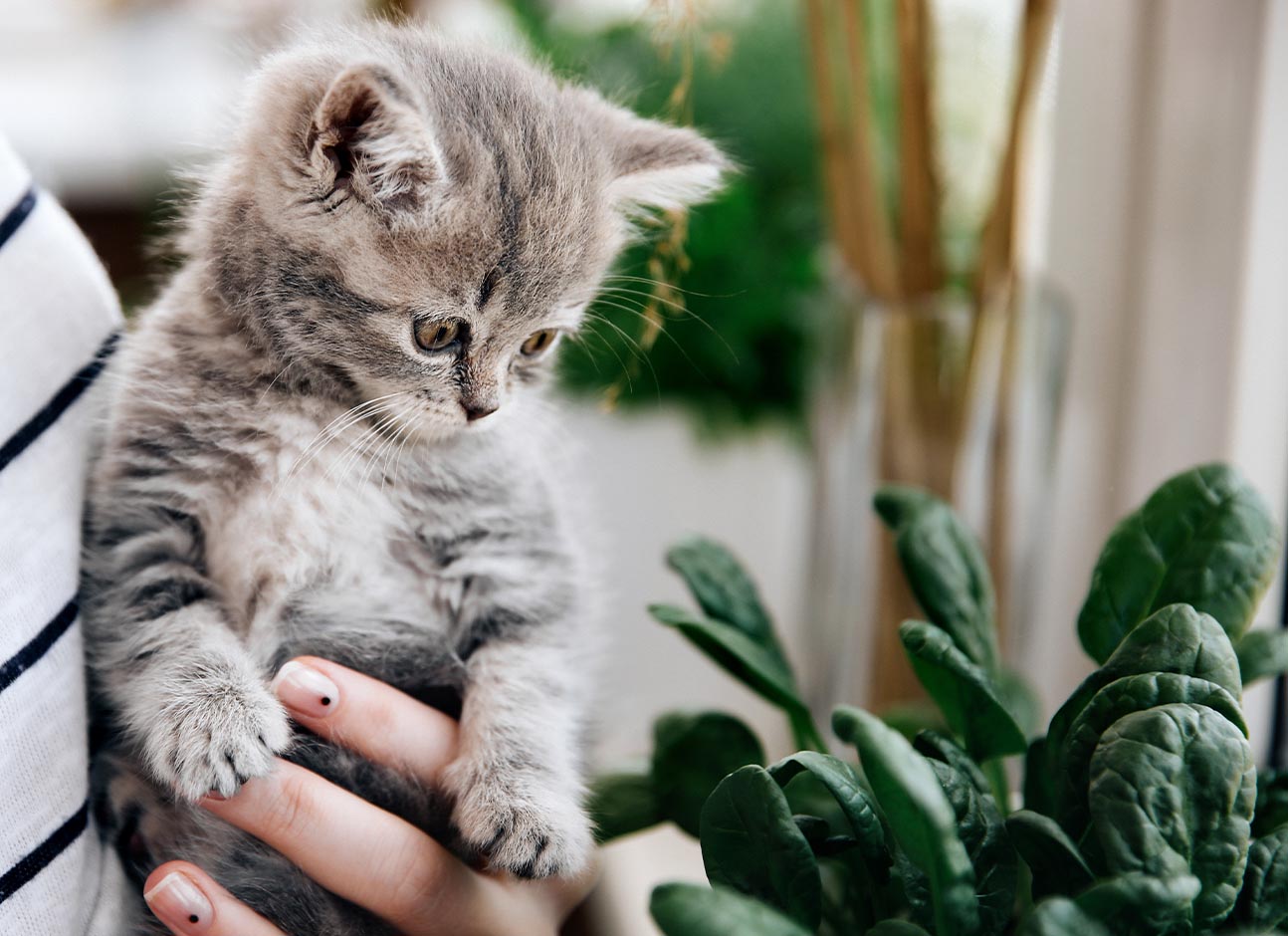You may have seen a video of a cat chowing down on some fresh greens. It’s no surprise that cats love fresh produce—carnivores who need the protein in meat and veggies to survive. But what about spinach? Can your cat eat it? Is it good for them? And how do you feed it to your feline friend? Let’s dive into the world of cat-friendly greens so we can give our little furballs the best possible nutrition!
Can cats eat spinach?
Cats can eat spinach. Spinach is a great source of vitamins and minerals that are important for cats. Spinach is also safe for your cat to eat because it doesn’t contain any harmful chemicals that might upset your pet’s stomach or cause allergic reactions.
Is spinach good for cats?
Spinach is a good source of calcium, fibre, iron and vitamins A and C. It can help with digestion by removing mucus from your cat’s mouth and stomach and
It is important to note that spinach should not be fed to kittens under six months old or pregnant queens because it contains oxalic acid, which could harm their kidneys.
Why should I feed my cat spinach?
Spinach is a great source of iron and other essential vitamins. It also contains some anti-cancer properties, which makes it an excellent addition to your cat’s diet.
Spinach is rich in fiber, which helps keep your pet regular by stimulating the digestive system and helping with digestion.
What are the benefits of spinach for cats?
Spinach is a great source of vitamin A, which your cat needs to stay healthy. It also contains vitamin K, iron, calcium and manganese-all nutrients that can help keep your kitty healthy. Spinach also contains some fiber (which is good for digestion), magnesium and potassium.
How to feed spinach to cats
Spinach is a great source of vitamins and minerals, including iron, calcium and vitamin K. It’s also high in fiber—about 4 grams per one cup serving (cooked). But since cats don’t need as much roughage as humans do because they have shorter intestinal tracts, you may want to limit their intake of spinach if you’re concerned about stomach upset or constipation.
You can offer raw spinach by itself or mix it into other foods, such as homemade cat food. If you want to give your feline friend frozen pieces of chopped fresh spinach for snacks (or even just an occasional treat), make sure there are no ice crystals on the surface before adding it to their bowl; otherwise, they’ll find themselves choking on them! Try sprinkling dried parsley flakes over the top before serving so that they don’t get stuck trying to eat and breathe while chewing down these tasty morsels!’
Cats need to eat more veggies.
Spinach is a great source of vitamins A and C and folate. It also contains lots of beta carotene (which the body converts into vitamin A), which your cat needs to maintain good eyesight, skin health and immune function.
Cats also love new flavors; try adding some crushed garlic or ground ginger to the mixture when you cook it! If you’re worried about them chewing on it raw—don’t be: cats don’t have teeth as humans do; their jaws are designed for crushing bones.
Conclusion
Cats are carnivores by nature and can’t digest all types of foods. Spinach is a great source of vitamins and minerals but also contains oxalic acid, which may damage your pet’s kidneys. If you decide to feed your cat spinach, keep an eye on them and take them to the vet immediately if they show signs of illness such as vomiting or diarrhea.
Your pet’s dietary needs met with ease. Discover our Food Delivery options today!
